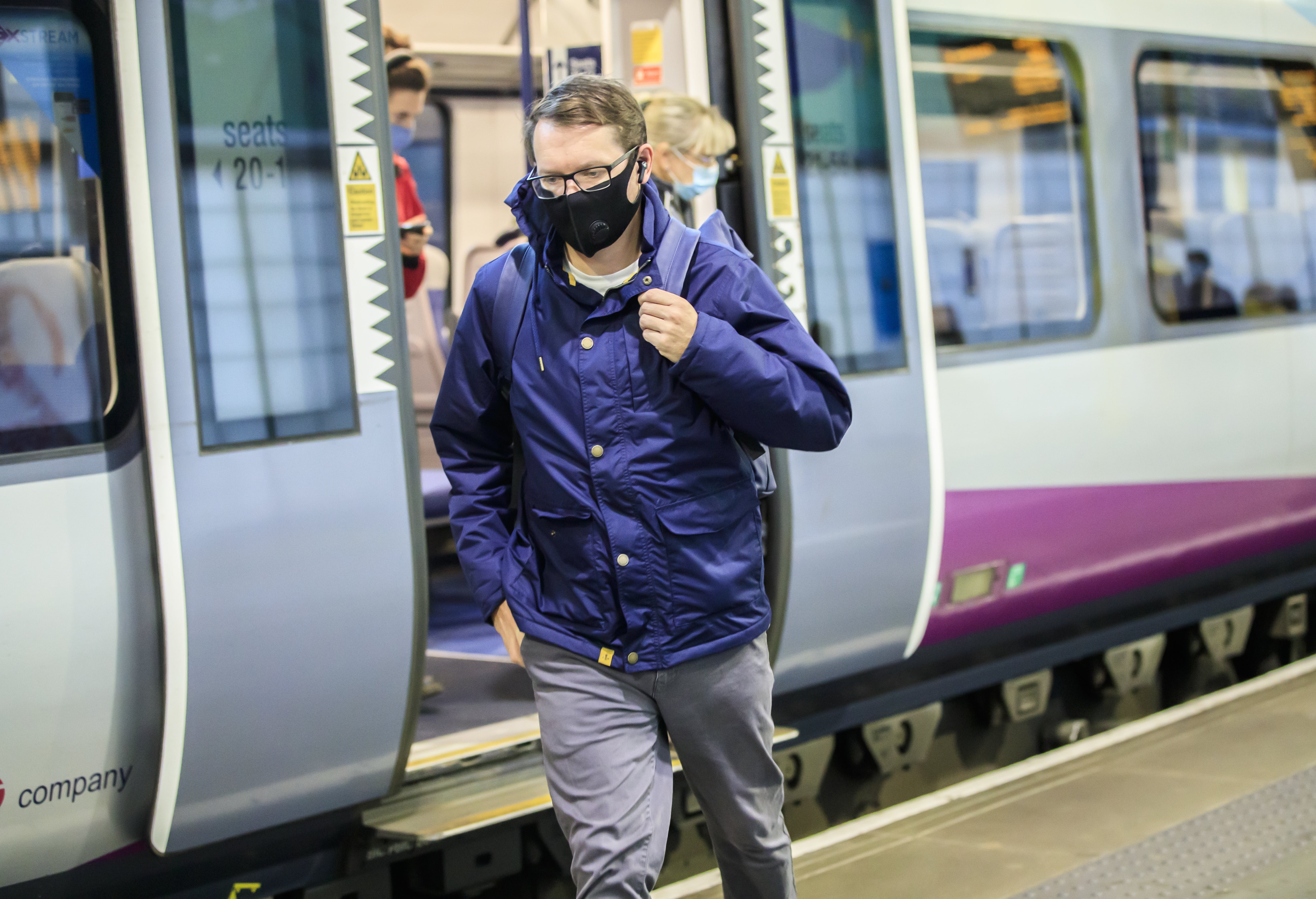The only thing perfect about the UK rail industry is the storm that threatens it
Service are reaching a tipping point – between a future of more flexibility to meet the changed needs of traveller and a slide into a spiral of decline, argues Simon Calder


The name of the station in a small market town somewhere in Britain is unimportant. But what happened when I walked up to the booking office on Tuesday afternoon to buy a ticket to the nearest city is significant: both for the outlook of the rail passenger, and for the taxpayer’s preparedness to pay for a transport service that is as incoherent as it is expensive.
No fewer than three people were, to use the term loosely, working in the ticket office at station X. I don’t for one moment begrudge them – nor the fact that every single staff member working on the railways has, according to the transport secretary, Grant Shapps, had their job protected during the coronavirus pandemic.
I just genuinely wonder how their day is filled, and whether they might enjoy more satisfaction – and farepayers and taxpayers more productivity – in other roles on the railway?
With a smile, one of them sold me the ticket for station Y that I asked for. (Even though my final destination is actually Z, buying a through ticket rather than making separate purchases would almost double the cost; the shrewd traveller begins the process of choosing a rail ticket by assuming that splitting the journey into two or more segments will work out cheaper.)
The waiting train was about a quarter-full, and I appeared to be the only passenger who had availed of the generously staffed ticket office.
During the exceptionally pleasant 40-minute journey, the friendly and professional guard checked and sold tickets. Apart from my solitary paper ticket, the contents of my carriage neatly divided into two. Those aged 50 or over bought tickets from the guard as he passed through the train, while younger travellers showed the QR code on their smartphone.
So that’s three possible ways to pay for a ticket that, given the absence of first class, cannot cost more than £7. What planet is the rail industry living on when a fairly trivial purchase has three channels? Selling online or buying from the guard has almost zero cost; staffing a ticket office with three rail professionals is absurdly expensive. Hundreds of stations around the UK are unstaffed.
In a perfect world, they would be, of course, but right now the only thing that is perfect about the UK rail industry is the storm that is threatening it: annual revenue roughly halved from £10bn as ex-commuters revel in the freedom to work from home; a Treasury desperate for savings rather than upping its contribution to rail passengers of £5bn a year; and the biggest rail union, the RMT, seemingly refusing to accept any change that alters workers’ conditions or staffing levels.
I will defend to their last their legal right to strike, even though it makes life so miserable for some rail passengers that they abandon the train in favour of the car. But the rail industry is finely poised between a feasible future of more flexibility to meet the changed needs of traveller in an environmentally friendly way, and a slide into a spiral of decline with cuts in frequency, crowded trains and even higher fares. The RMT had better use its power wisely.



Join our commenting forum
Join thought-provoking conversations, follow other Independent readers and see their replies
Comments